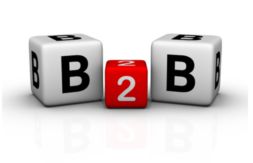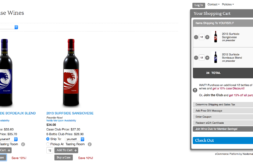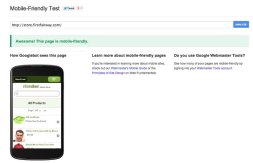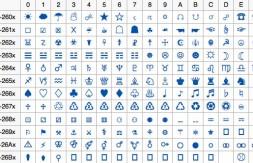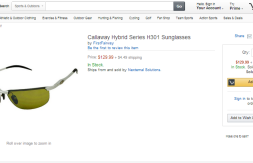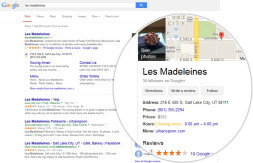The Importance of Including Content on Category Pages
Content on category pages is an oft overlooked feature for many ecommerce sites when it should actually be the focus of just about any SEO campaign.
Although category pages are less likely to lead to direct conversions, they will naturally have higher search engine traffic than product pages, which makes sense. The average user will search for some generic term, like “white wines.” There’s a high probability that the user will land on a category page featuring a variety of white wines. At this point, the user is most likely just browsing or doing research. As such, the user will look through the category page, click a product page, and then click back to the category page.
With such high search engine traffic, securing these users is important to future conversions. Incorporating content into your category page is a big part of that. From a consumer’s point of view, category page content helps to set expectations. You want to make your page easy to understand instead of throwing users headfirst into the site. For example, if you have a category page for Chardonnays, you can introduce some basic details about the grapes and perhaps the regions where they were grown. From there, you can proceed to mention your own products, acting as a call to action to increase conversions.
Think of category pages as another opportunity to gain page rankings as well. If optimized properly, category pages have the ability to rank for some of the more generic non-branded keywords. Your website may broadly sell wines, but a Chardonnay category that contains quality content and relevant keywords will bring users searching for Chardonnays to your site. Having several categories with meaningful content will increase your site’s chances of getting on the first page of search results.
Neglecting the content that goes into your category pages means neglecting a lot of site traffic, which consists of consumers with a high chance of converting. In the world of SEO, there are many important components for overall success. Category pages optimized with short tail keywords attract shoppers—potential customers—to your site. In conjunction with long tail optimization on product pages, your shoppers will become buyers.
To create category content in your Nexternal eCommerce Platform, simply edit a category and write a keyword rich category description.
This guest post was written by BestRank – a leader in ecommerce search engine optimization.

